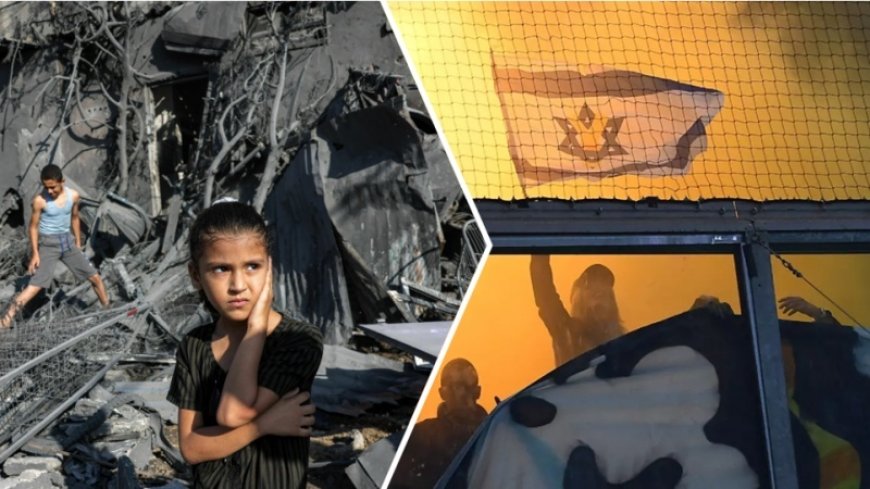Actions of Israeli Football Fans Abroad Emphasize Issues Regarding Deep-Routed Cultural Divisions
Recent riots in Amsterdam by supporters of the Israeli football team Maccabi Tel Aviv have highlighted the cultural conflicts that permeate global settings. Graduate of Tel Aviv University and activist, Abed Abu Shehadeh examined these disturbances in an essay called, "Israeli Football Hooligans, Bringing Genocide Culture to Amsterdam." His views highlight a more general problem: behavior that might be accepted in Israeli environments typically causes severe reaction overseas.

Recent riots in Amsterdam by supporters of the Israeli football team Maccabi Tel Aviv have highlighted the cultural conflicts that permeate global settings. Graduate of Tel Aviv University and activist, Abed Abu Shehadeh examined these disturbances in an essay called, "Israeli Football Hooligans, Bringing Genocide Culture to Amsterdam." His views highlight a more general problem: behavior that might be accepted in Israeli environments typically causes severe reaction overseas.
Reportedly yelling anti-Arab slurs, removing Palestinian flags, and neglecting a minute of silence honoring flood victims in Spain, Maccabi Tel Aviv supporters collided with Dutch young in Amsterdam. The resulting conflicts were not only physical but also cultural, posing issues regarding how attitudes ingrained in local settings, when imported to global environments, may expose underlying tensions.
Shehadeh notes a troubling trend in Israel of violence justified under nationalistic zeal, which he contends finds some normalcy in both public and private arenas. The Amsterdam event emphasizes what he regards as a "genocide culture," which he links to a larger social acceptability of hostile acts against Palestinians and other communities inside Israel. Shehadeh says that many Israeli supporters were shocked to learn their behavior would be undesirable outside, highlighting the discrepancy between internal approval and global criticism.
Recent political movements and changes in Western support patterns, he contends, aggravate this conflict. One important aspect is U.S. political power, especially under past and maybe future leaders like Donald Trump. Trump strengthened some of Israel's internal policies regarding Palestinians during his last term by supporting Israeli military actions while ignoring worldwide outcry over Palestinian suffering. Shehadeh warns of increased permissiveness that might empower Israeli hardliners by allowing activities many consider to be repressive more freedom once Trump returns to power.
Shehadeh's main argument is that Arab normalizing of relations with Israel and international indifference could unintentionally help a trend of violence against Palestinians. Although Israeli military actions in Gaza and the occupied areas get much attention, the world reaction has sometimes been patchy. Though diplomatic and military backing persists, sometimes subtly supporting Israel's policies, international forums have consistently demanded restraint.
Calls to review regulations that subtly support such activities mirror the worries of the global society. The recent Dutch riots remind us of how strongly ingrained political and cultural attitudes may be felt far from their source, subverting world standards and revealing conflict inside other countries.
Looking ahead, these events beg significant issues regarding the future of regional stability and how world powers might rethink their roles in supporting, or discouraging, such activities. Calls for responsibility may get stronger as nations track these events, forcing Israel to consider the effects of its domestic policies outside of its boundaries.













































